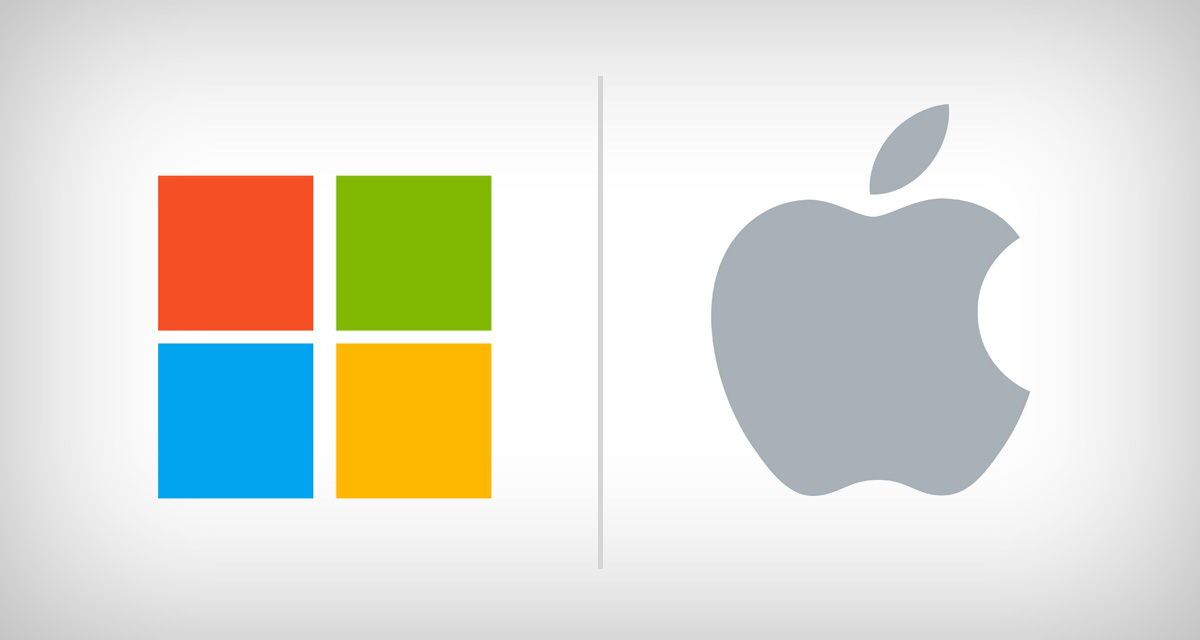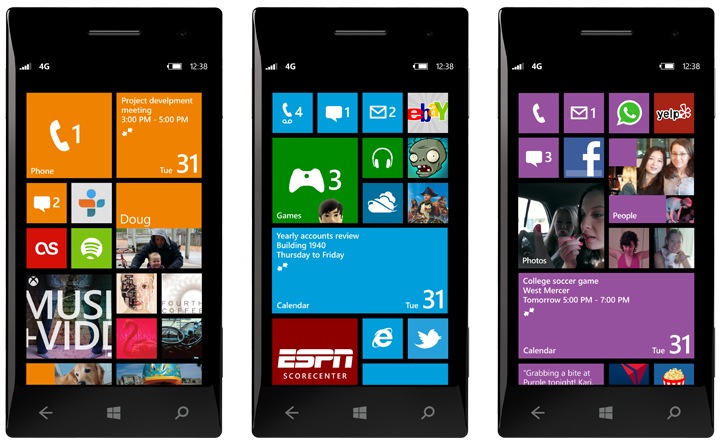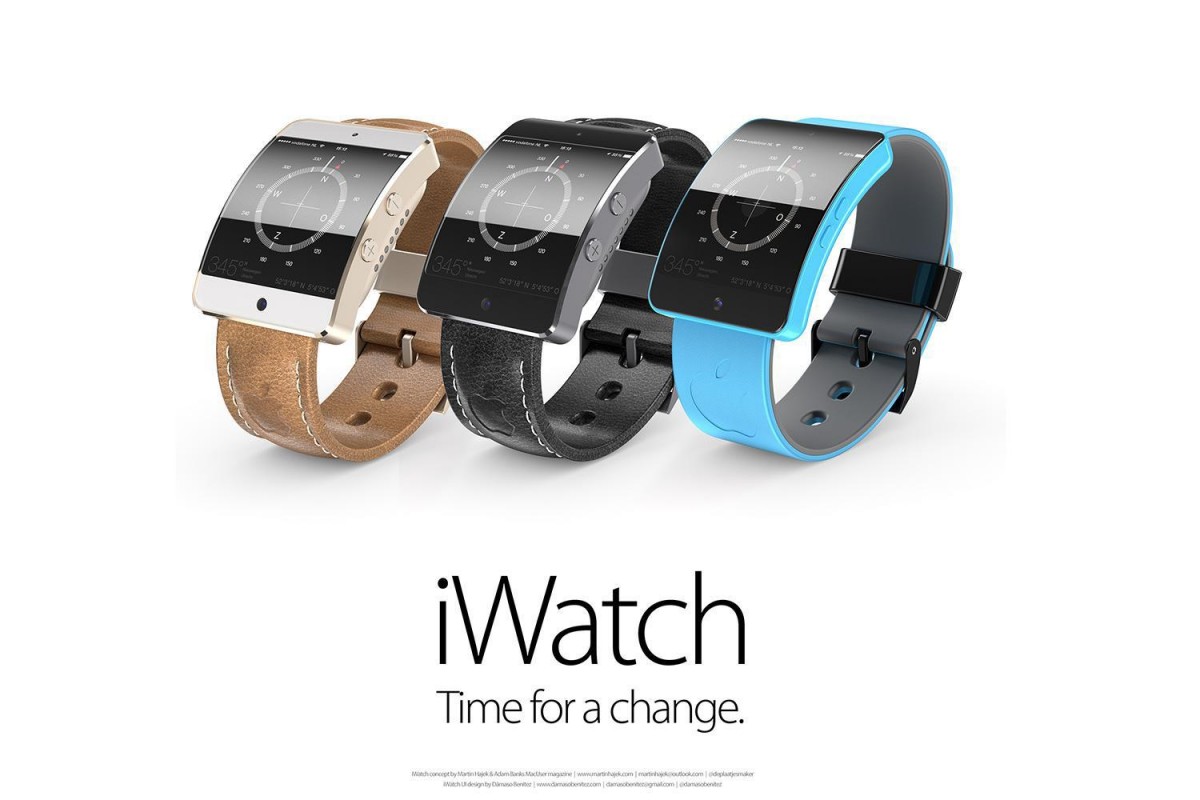Microsoft and Apple face harsh realities

It hasn’t been a good week for Microsoft or Apple, and difficult decisions will have to be made at both companies. I suspect Microsoft’s will be more difficult, but neither is off the hook.
First, Microsoft: Layoffs at the company are rare, with a one-time layoff of 5,000 employees back in 2009 the first major staff reduction the company had ever seen. With their renewed push into mobile, however, and the heavily-questioned acquisition of Finnish smartphone maker Nokia, as well as the appointment of new CEO Satya Nadella, layoffs are not as rare as they once were.
Last year, Nadella purged 18,000 from Microsoft’s payroll, most of whom were part of Nokia, and today another 7,800 are on the chopping block, those too are from what is being referred to as its “smartphone hardware business.” What that really means is the workforce acquired when they bought Nokia.
The fact that Nokia is so heavily targeted is no small matter. In Salo, Finland, where Nokia is headquartered, an entire town who depended on the company for jobs was severely impacted, with many of the people (66 percent) who live there left unemployed, the mayor criticizing Microsoft for the action, and the finance minister Tweeting that budgetary measures would have to be enacted because of the layoffs.
https://twitter.com/PekkaPekkala/status/618779662056050688
Bad news from #Microsoft. Laying off 2300 workers in Finland. Government ready to take budgetary measures to bridge difficulties.
— Alexander Stubb (@alexstubb) July 8, 2015
There is a lot of chatter regarding this issue on both their Twitter accounts, I recommend giving them the once-over. Seeing it from their perspective is enlightening, in both a good and a bad way.
Does this mean the Windows phone is on the way out? Unlikely, considering it’s a key cornerstone of Microsoft’s new “mobile-first, cloud-first” ideology. It may mean, however, that they are taking the hardware business under their own wing, which they have already done by and large (there are no more Nokia phones for Windows, they are now Microsoft phones).
Full disclosure: I have a Windows phone that still has the Nokia branding. I love it; it works beautifully and takes stunning pictures to boot, although I use it mainly for calls and texts, along with the occasional search. There is no doubt that Microsoft’s app store pales in comparison to those of Apple and Google, however that may change with the Microsoft’s intent to allow apps from any store to run on its platform, and the push for universal apps that will run on any Windows device.
When it comes time to upgrade, I will likely upgrade to the HTC One M8, which in my opinion has the best phone build of any device I’ve ever seen. Sadly, as is often the case, although they have a superior product HTC is another company that is struggling in the mobile market. While I think their market share is unfortunate, and undeserved, that wouldn’t stop me from moving to their brand.
I believe Windows 10 (which, ironically, I’ve been beta testing on a Mac) will be a juggernaut, however I do hope they can improve their dismal mobile market share of 2.29 percent.
Now what about Apple? The news isn’t nearly as dire, and they are hardly in the same position as Microsoft, although it can’t be denied that they are simply not the same company they were before the passing of Steve Jobs. Regardless, it has been reported that sales for the much-vaunted iWatch have slipped 90 percent. What does this mean, exactly? It’s hard to say. Even though the wearables market is exploding, it might mean the excitement has worn off and people just aren’t interested, or that the early adopters have already ordered theirs and anyone else who wanted one has already ordered. It could even mean that people who may be interested are waiting to see how it all turns out before they make an investment themselves. Not only that, but for fitness trackers at least, abandonment after initial use is high.
Things like this are to be expected. Sometimes it can seem that the tech industry, especially in the consumer space, moves too fast for its own good, and even big companies regardless of their agility have difficulty keeping up. So we’ll have to wait and see how all of this, from the perspectives of both Microsoft and Apple, pans out.


